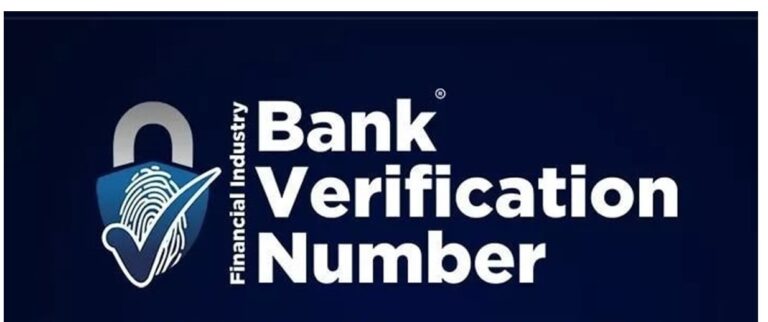The Central Bank of Nigeria (CBN), on Wednesday refuted claim in a viral video claiming that the Bank Verification Number (BVN) issued in partnership with the Nigeria Inter-Bank Settlement System (NIBSS) has a 10-year lifespan from the day it was enrolled.
According to the author of the video, pointing to provisions possibly of the CBN guideline at the beginning of the BVN when it was launched on 2014, had stressed that those who registered and obtained their numbers at the onset must revalidate theirs sometime next year.
The need for revalidation, he said, is based on the fact that facial features of registrants could have changed in a decade, just as their residential addresses and names, even as some could have died within the period, assuring that a person’s number will not change as a result of the exercise.
Reacting in a statement by Isa AbdulMumin, Acting Director in its Corporate Communications Department, the apex bank clarified that contrary to these claims, “the BVN issued in Nigeria has no expiry date.”
Once a customer’s biometrics have been captured and enrolled in the database of NIBSS, AbudlMumin stressed, “the BVN remains for life.”
The apex bank, however, explained that “the regulatory Framework for BVN issued by the CBN in 2021 stipulates that customers can only change their records due to certain conditions spelt out in the document and after being cleared by relevant authorities.”
It urged bank customers in the country, “especially those whose biometrics have been captured by the system, to continue using their unique identifiers as they last their entire lifetime.”
The BVN was launched specifically on February 14, 2014 as a centralized biometric system that gives a unique identity to bank customers that can be verified across the Nigerian banking industry.
It seeks to unify the system of debt recovery across banks within the Nigerian banking industry, and applies to loan and debt recovery transactions with financial institutions, by providing lenders the right to apply assets owned by defaulters in other financial institutions to liquidate their debts.
In the process, it helps to encourage bank lending, since there is a system in place that guarantees the recovery of such loans from other recognised assets, thereby reducing incidences of loan defaults, among others.
Trending Today
Menu








